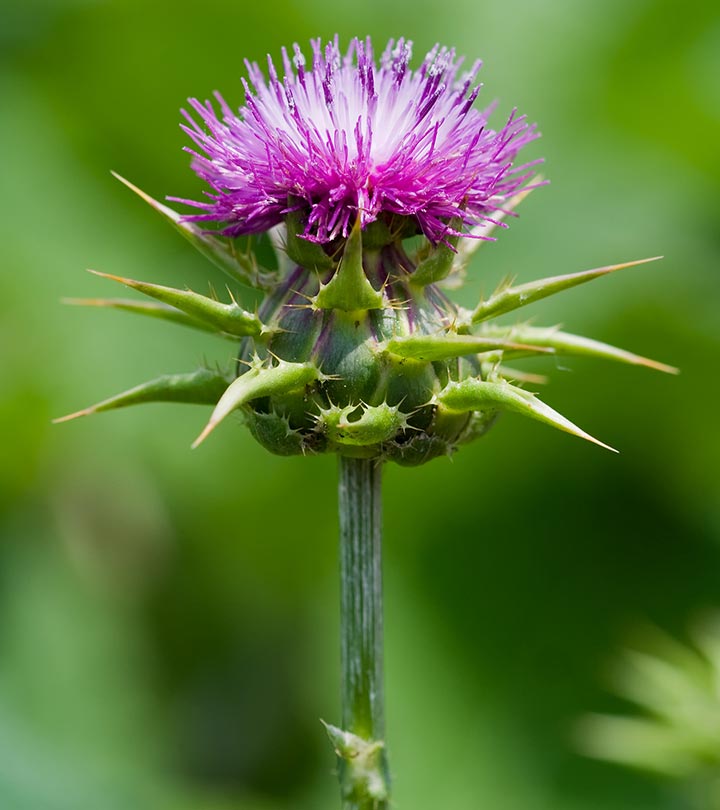
Last week I talked about my health journey and how it led to understanding my liver and giving it some love to help it and the rest of me heal. Along the way I have found many supplements useful particularly those that are known to support the liver. Dandelion which was discussed last month is one and Milk Thistle is another.
Milk thistle contains silymarin which, together with its related compounds also found in milk thistle, work as powerful antioxidants to strengthen the liver cells’ resistance to toxic compounds, protecting the liver during a crisis and at the same time stimulating the production of new cells to replace damaged ones. Silymarin is known to have antioxidant, antiviral and anti-inflammatory properties.
Milk thistle is also commonly believed to help heal kidney damage, hepatitis and jaundice and may help liver cancers, tumors and skin problems that are secondary to liver disease (e.g. eczema). Silymarin’s antioxidant and anti-inflammatory properties may help prevent age-related decline in brain function based on studies in animals. It can also help block potential liver-damaging effects of anesthesia and is often used for animals both before and after surgery in Germany.
Available in tinctures, teas, powder and capsules, milk thistle is considered safe and well tolerated by humans and animals; although for a few sensitive to related plants such as marigold, ragweed, daisies or chrysanthemums it may trigger an allergic reaction. It can be combined with burdock, yellow dock, red clover, oregon grape or turmeric for mild to moderate liver disorders that are believed to be toxicity related.
I love having a mug of milk thistle tea on a regular basis and enjoy knowing I’m showing my liver some love and support.
With love always,
Loretta
